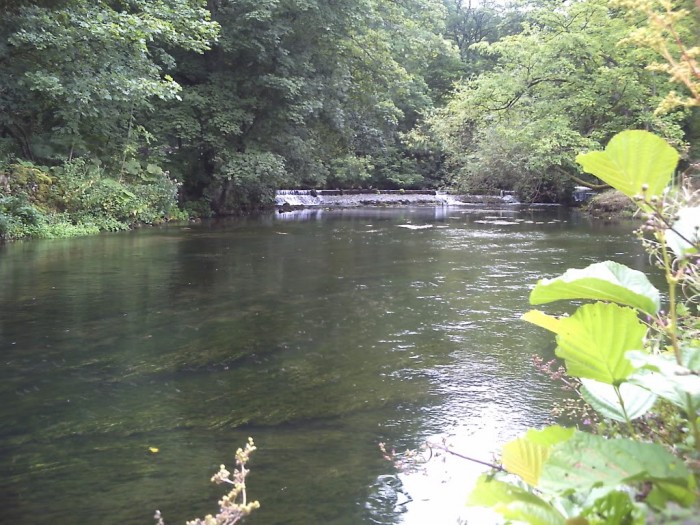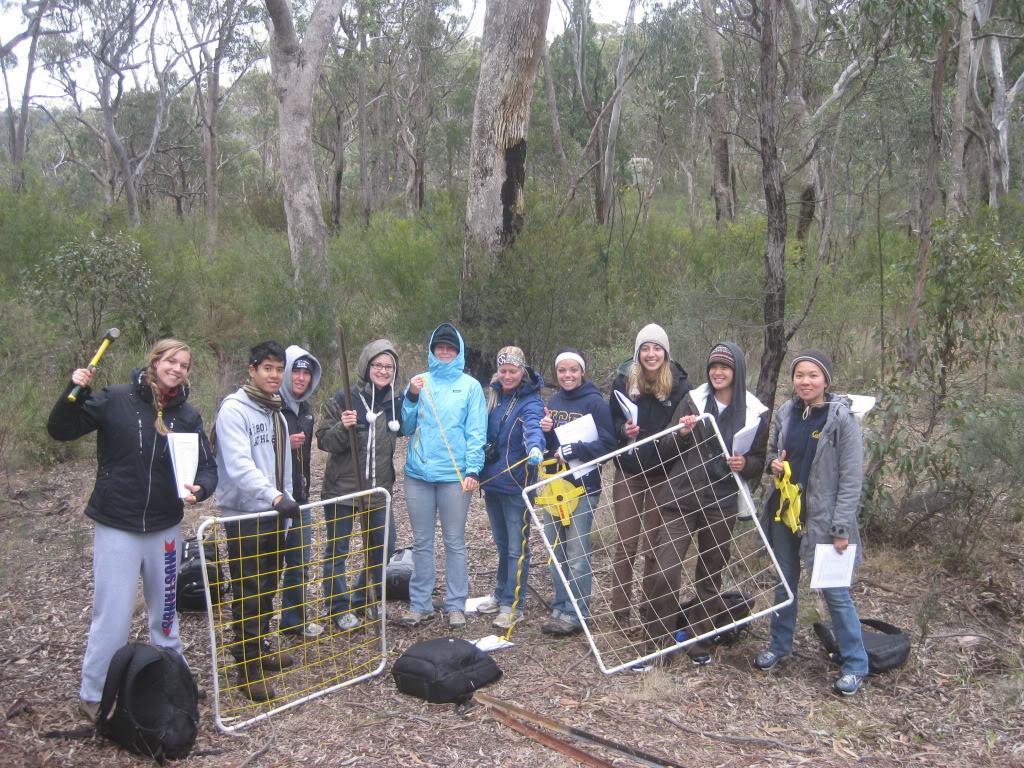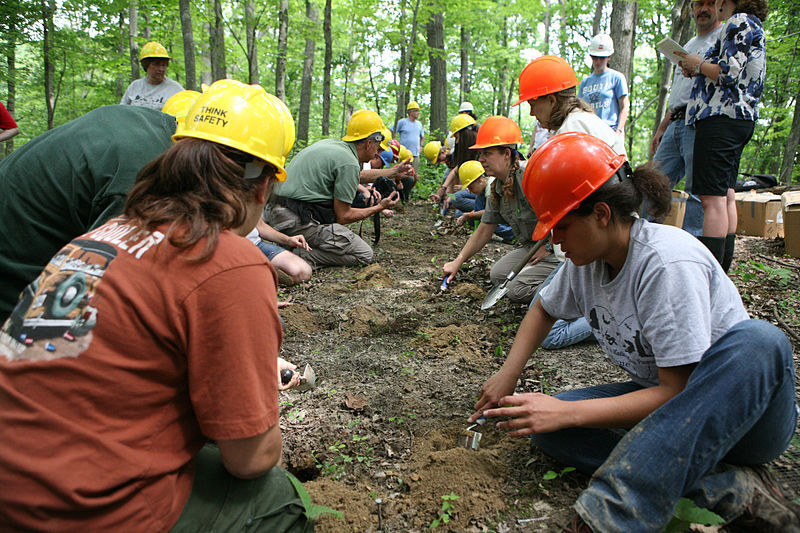Conservation Volunteering: How Can I Get Involved?
There are several ways to get involved with with Conservation (in the UK or elsewhere):

By Amanda Holt (BSc Marine Biology with Oceanography)
Conservation today is an issue of such importance, that not only has the media has been creating awareness about but it is also an area being focussed on by government organizations in he UK and worldwide on an increasingly large scale. This has been accompanied by a significant surge in the number of companies and charities offering gap year programs and volunteering opportunities in key areas of conservation cross the globe; ranging from work in the oceans to rain forests.
There are several ways to get involved with with Conservation (in the UK or elsewhere):
1. Join a charity/society: Becoming part of a conservation group; the Marine Conservation Society (http://www.mcsuk.org/) is a good place to start. This would usually involve paying a membership fee but you will get regular updates on the work they do. The plus side of this it can present various opportunities to get involved with local work, such as beach cleanups and campaigning.
2. Volunteering trips: Another way of volunteering is taking part in organised conservation trips, such as those run by i to i, GVI, Frontier and Wild Venture. The trips cary both in destination and length; they usually range from 2 weeks to over 6 months . The cost is dependent upon the length of the trip and any extra courses involved such as PADI diving certificates. The cost would often also include accommodation and airport transfers. Many applicants for these sort of programs choose to carry out fundraising activities to cover the costs. These trips are an excellent way to get involved in conservation and immerse yourself in the world of exotic species and get a feel and understanding of different habitats.
If you are hoping not to go to far afield, there are a plenty of options to get involved with conservation projects in the UK. The peak district is a good place to be and the government run schemes offer the opportunity get involved with projects ranging from nature reserve management to erosion control.
Another way to get involved in conservation in the UK, would be getting participating or even starting a group within your school, university or workplace. This way, you can become actively involved with real projects as part of a group or by raising funds for charities and promoting them.
Whichever route you decide to purse, remember that the key to getting involved in conservation as a volunteer, is overall perseverance. While search engines – an essential tool to search websites – will help you keep yourself well informed and up to date about different options and apply directly to different charities; it does take some passion, persistence and time.





5 Comments
I’ve been involved with a local conservation volunteering group, which is part of ‘v’ – a national organisation for 16-25 year olds: http://vinspired.com/search?utf8=?&location=&q=conservation
If you complete 50 hours (or 100 if you’re feeling ambitious!), you get a nationally recognised certificate for your achievement. For those local to West Oxfordshire, the group I’ve been working with is the Wychwood Project (www.wychwoodproject.org).
Also, there’s BTCV who work all over the country (http://www2.btcv.org.uk/display/volunteer) and run conservation holidays too.
Thanks for sharing Abigail. So, Did you do 50 or 100 hours? 😉 We’d love to know more about the project you are working on at the moment…tell us about it 🙂
Hi Abigail, I had never heard of these particular organisations but they seem really interesting and good starting point for a conservation enthusiast.
I would be very interested to hear more about your experiences? 🙂
conservation trips are a great way to get involved and have a fantastic time too
Organised conservation trips, such as those run by i to i, GVI and Frontier, are very expensive and not always worthwhile. Independent volunteering is not only cheaper but enables you to get invovled at the grassroots level with a greater choice of habitats, species, and locations. A recent post on the Financial Mail Women’s Forum highlights the excessive costs associated with organised volunteer placements:
http://www.fmwf.com/media-type/news/2011/08/go-grassroots-for-your-gap-year-volunteering/
Go grassroots for conservation volunteering!